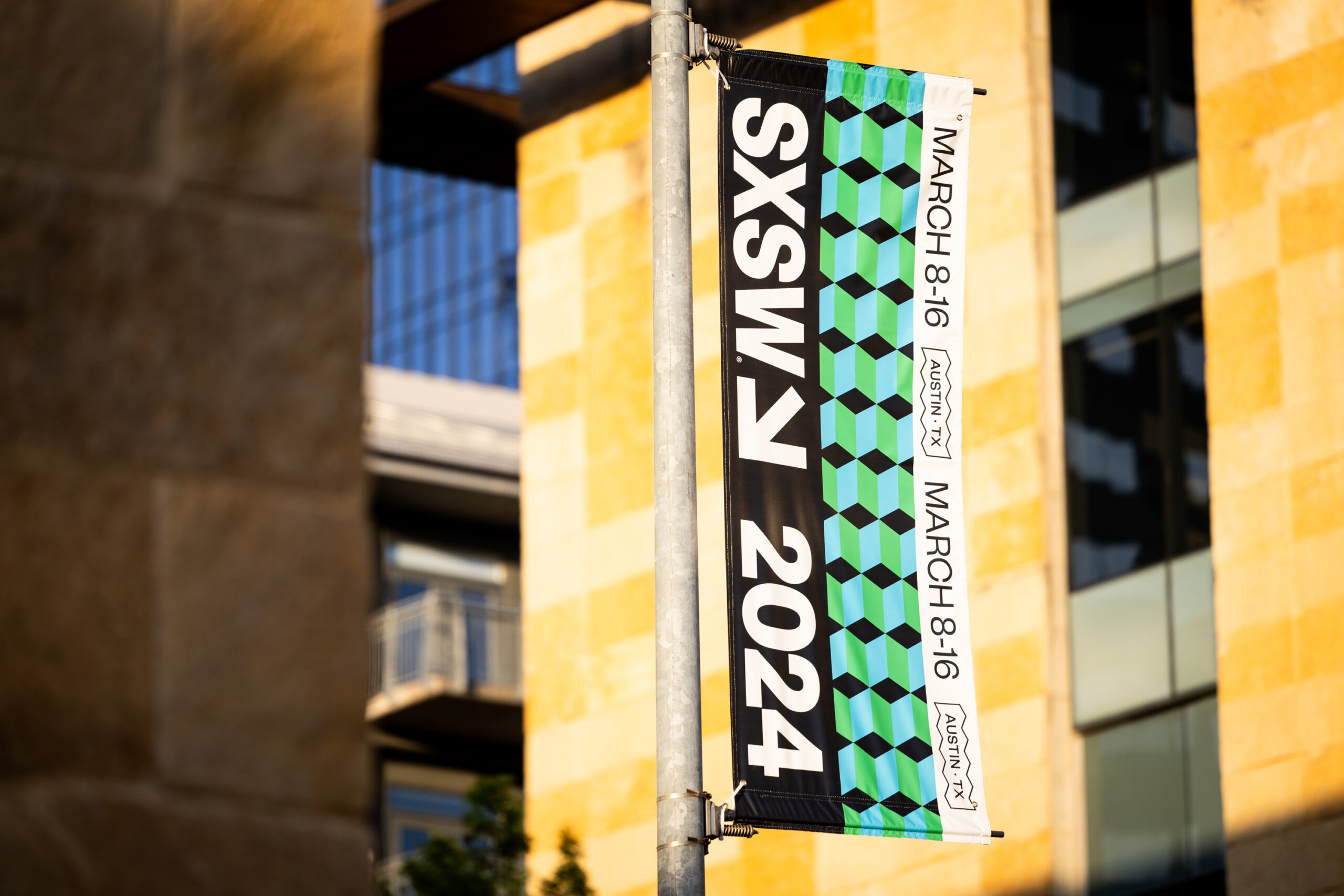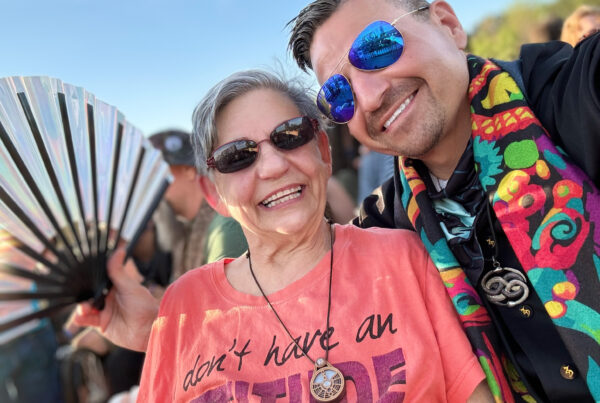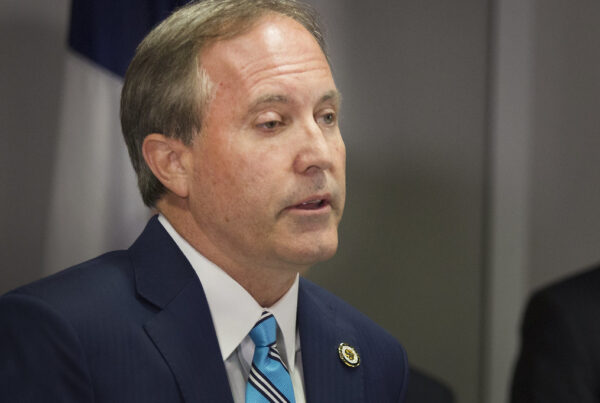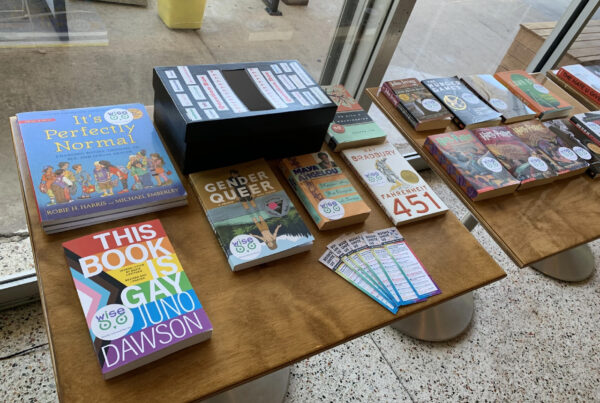When we talk about the future of work in Texas, maybe you picture a person in a suit or in overalls. But what about somebody with a guitar or behind a drum set?
That’s a job, too. And the landscape for working musicians has not been kind, to say the least, since streaming became the way most of us listen to music. At the same time, there’s a lack of affordability in some of Texas’s biggest cities – see Austin, the live music capital of the world.
Joey La Neve DeFrancesco is co-founder of United Musicians and Allied Workers, a national musicians advocacy group fighting for a more just music industry. They joined Texas Standard to discuss the challenges facing working musicians. Listen to the interview above or read the transcript below.
This transcript has been edited lightly for clarity:
Texas Standard: For folks who are not familiar with the music industry and how it works, could you give just sort of a broad overview of how musicians make money these days?
Joey La Neve DeFrancesco: Yes. So musicians are facing a lot of the same challenges as workers in other industries right now, where we have an increasingly monopolized and corporatized music industry that’s directing all of the profit in the industry to the very top. And those working musicians or middle class musicians are getting cut out.
So all of these usual streams of money for working musicians like playing live concerts, selling merch, selling records, even selling music online are drying up. Or that money that used to be going to musicians is going to the executives, it’s going to the tech executives and not into the pockets of working musicians right now.
So what are the big bullet points to change that? What’s got to happen?
I think overall, what needs to happen is musicians need to take power back in the industry.
So if you’ve seen in sort of related industries like film and TV… For instance, I think a lot of us were aware of the Writers Guild strike or the SAG-AFTRA strike. Workers in those industries have the power to take on the streaming giants, to sit down with Netflix and say, “hey, we’re negotiating these particular streaming rights on royalties. We need this stuff.” And those workers are organized enough to be demanding those things.
For a variety of reasons, musicians historically have simply not had the collective bargaining power or the negotiating power to similarly sit down with the big behemoths in our industry and make concessions. And what my group, United Musicians and Allied Workers, is trying to do is to to change that and take some of that power back in the industry.
Well, what is it about the nature of being a musician or being a working musician? I suppose that that makes it harder to unionize, than actors and people who work in technical aspects of show business.
So historically, musicians have taken big actions together. In the ’40s, for instance, there’s a big musicians strike for multiple years to get musicians some of the first royalties from the sale of vinyl records. When that big tech shift happened, musicians went on strike for years.
There’s a bunch of factors here. The U.S. government passed laws making it really hard for sort of independent contractors, like musicians, to organize, to take collective action against the record labels. The record labels in the U.S. have also become really monopolize and corporatized. And we have a similar situation now with streaming, with Spotify, with ticketing like Live Nation, Ticketmaster. That makes it hard for a bunch of independent contractors like musicians to take on these big corporate giants.
So there’s been a variety of challenges that have made it really hard for musicians to organize and as forces kind of stay atomized and just, you know, complain about stuff on Twitter instead of getting organized together… We believe we can overcome those challenges. And that’s what we’re trying to do with UMAW.
But yeah, there’s been historically a lot of things working against it from happening for musicians.
How much does public opinion weigh into your campaign here? Is that part of the strategy to get people to care, frankly?
Sure. Yeah. So for instance, to take an example in Austin, we’ve been running a big campaign to get South by Southwest to pay musicians more. And this was one of the big first collective efforts to get sort of pop festival musicians organized to demand better payments from a festival, like South by Southwest.
We started this campaign just two years ago, and we’re still not satisfied with what South By has given us. But they did give us the first raise musicians have have gotten at that festival in around 15 years.
Well, if people want to know more about what you’re doing, how can they do that?
They can check out UMAW or @weareumaw on Instagram. Or you can go to unionofmusicians.org and check it out. If you’re a musician, you can sign up. If you’re a fan, you can see how to support our various campaigns and join us up and take action there.















